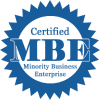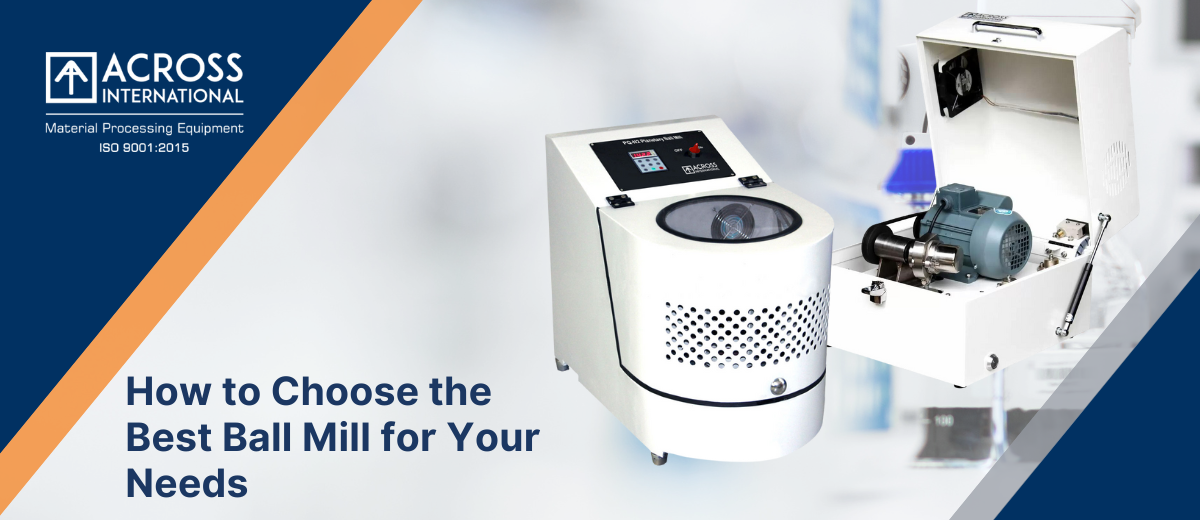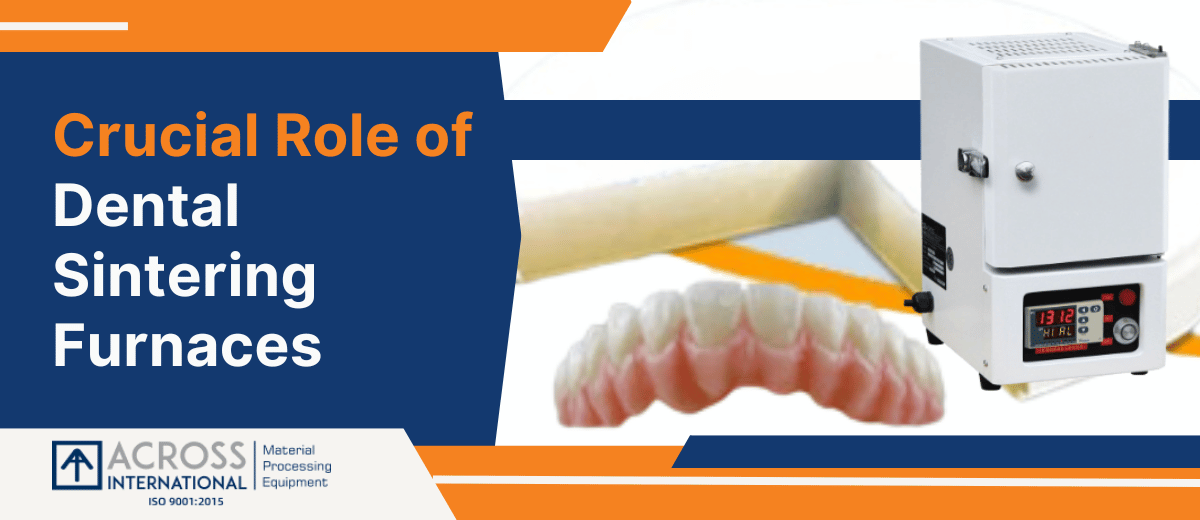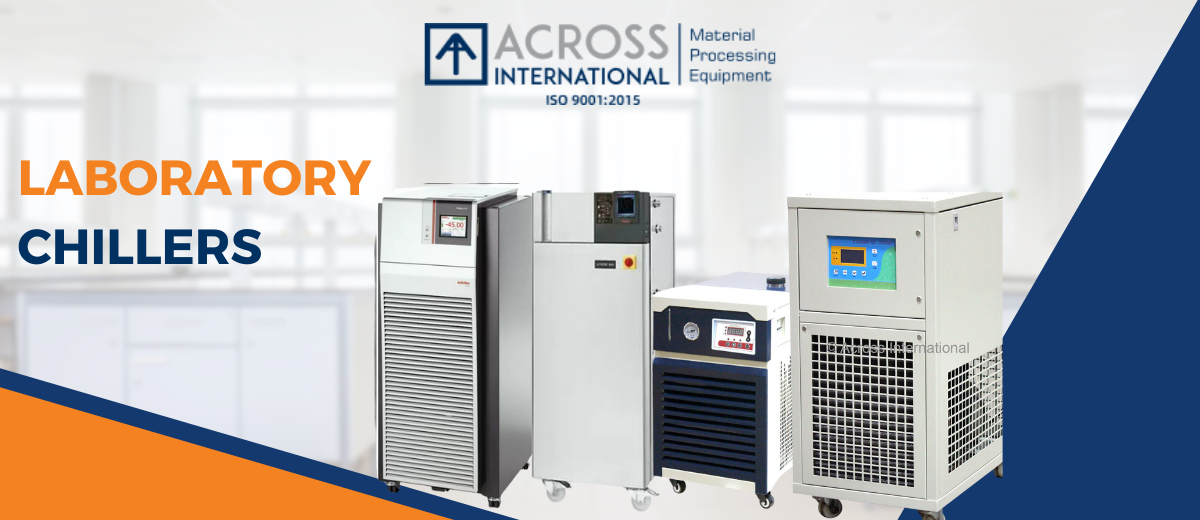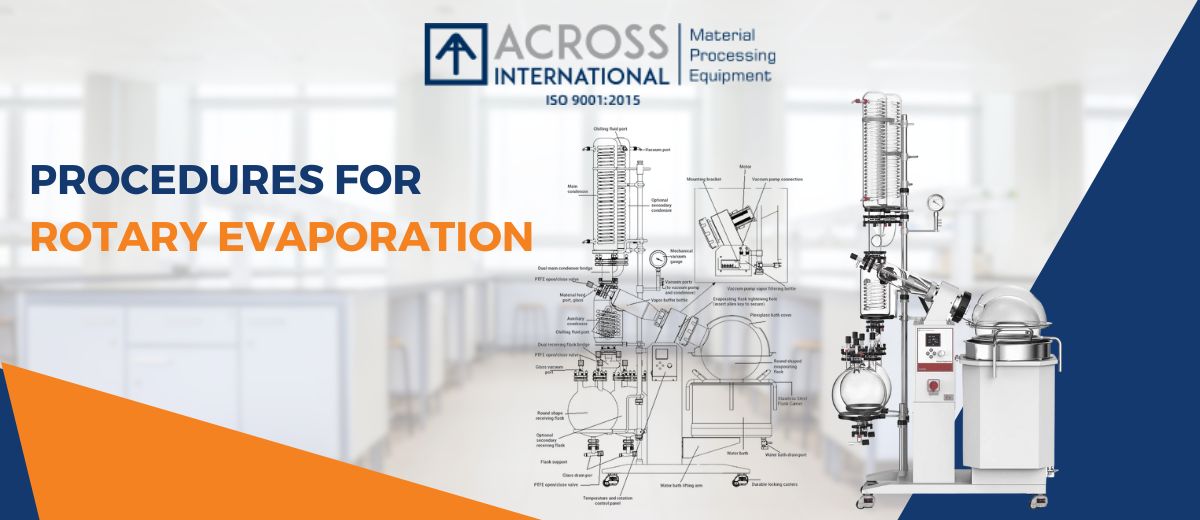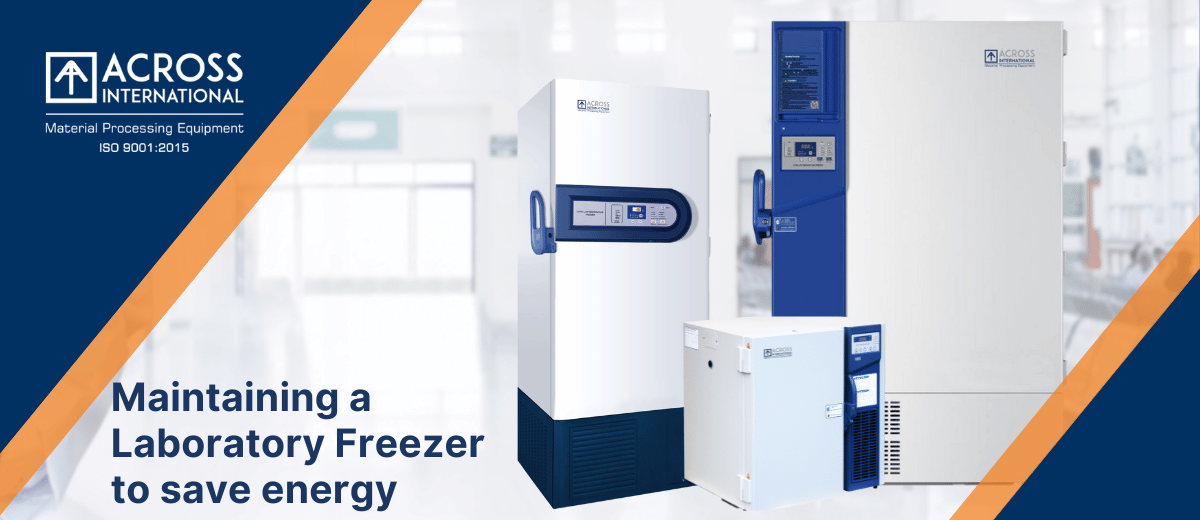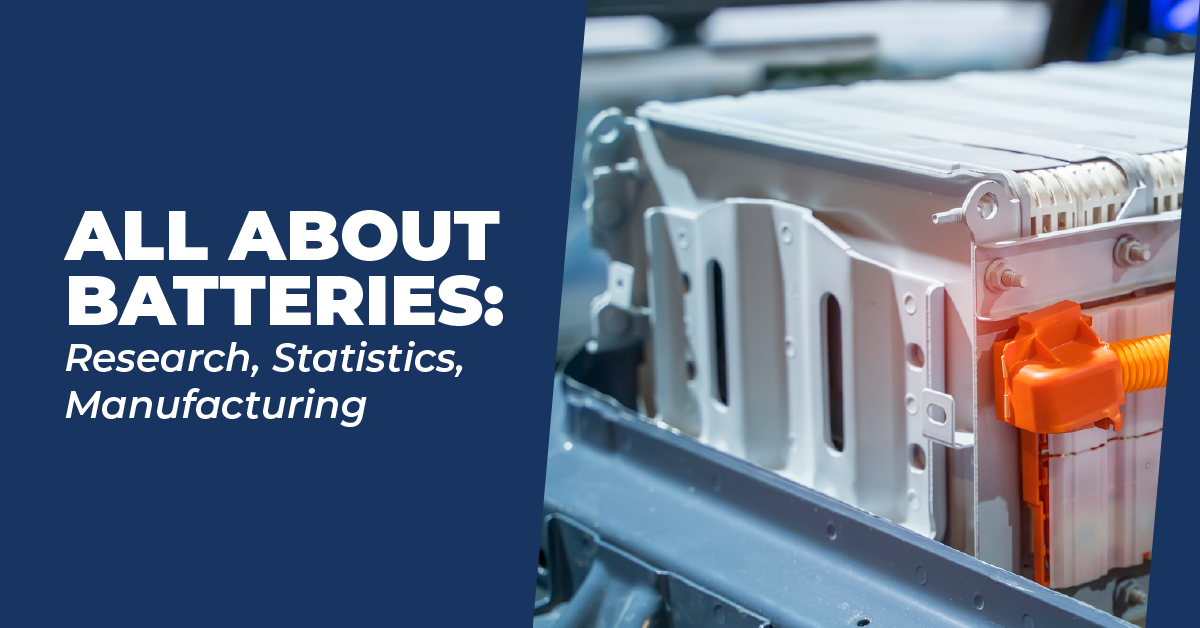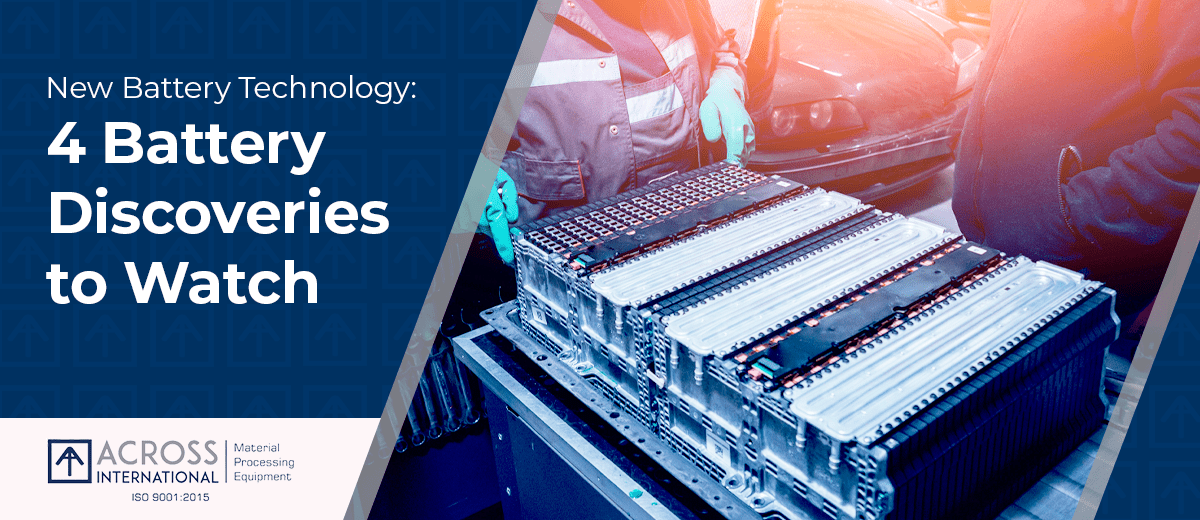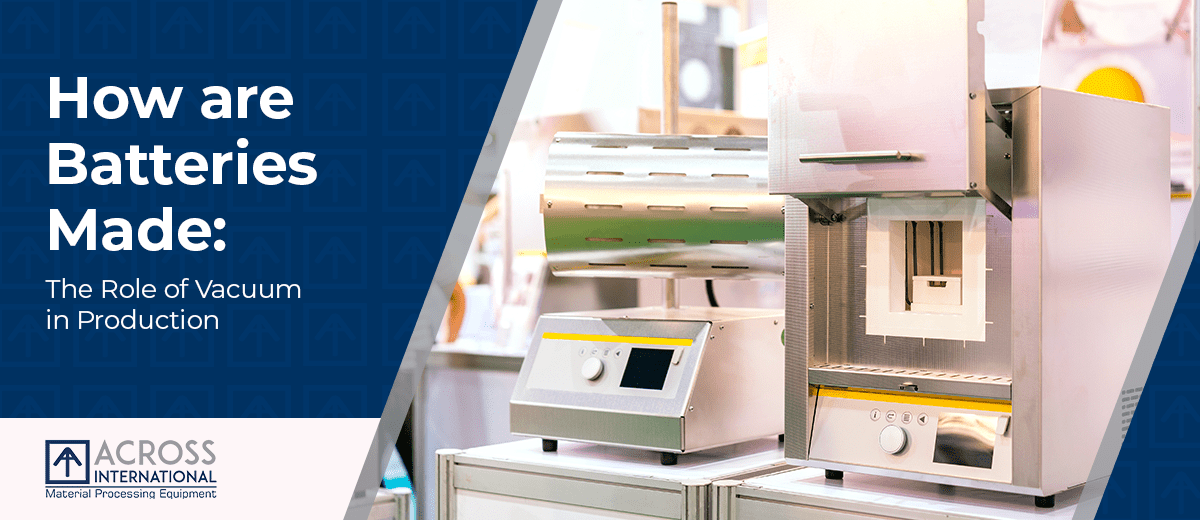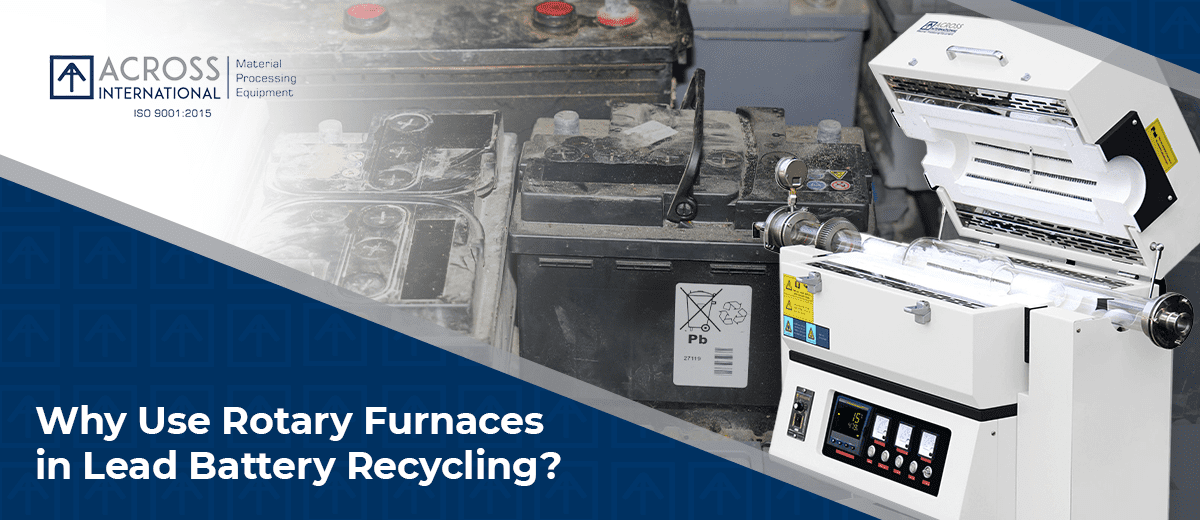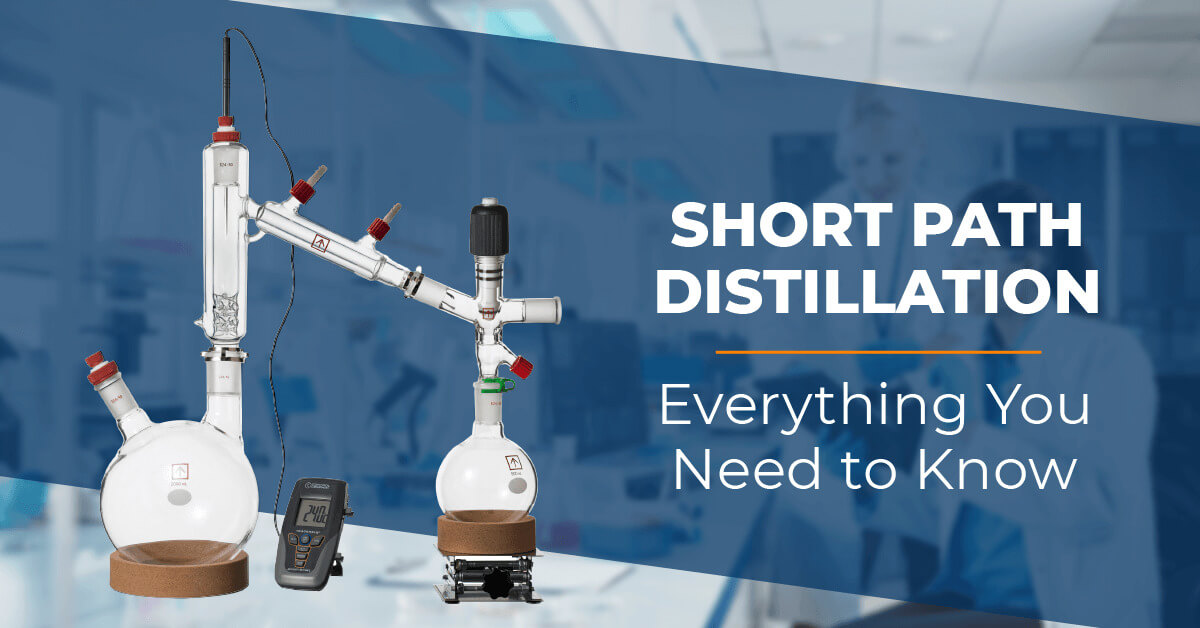We use cookies to make your experience better. To comply with the new e-Privacy directive, we need to ask for your consent to set the cookies. Learn more.
Lithium ion batteries recycling of valuable metals using Chemical Glass Reactors
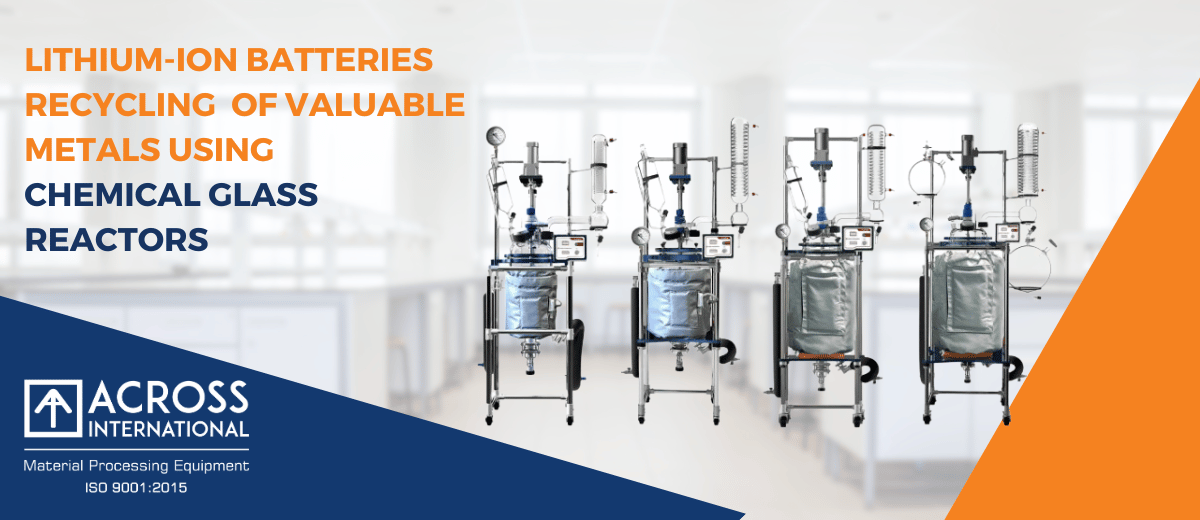
Transitioning to a clean energy future will not be easy, but it is essential to avoid running short of fossil fuels. By investing in renewable energy, improving energy efficiency, and developing new energy technologies, we can create a more sustainable and prosperous future for all.
Lithium-ion batteries are a more environmentally friendly and sustainable energy source than carbon-based energy.However, this has resulted in another problem - an increase in the amount of lithium battery waste.
Lithium-ion batteries degrade slowly over their lifetime, losing anywhere from 12% to 24% of their total capacity over 500 charging and discharging cycles. The electrolyte and other materials inside the battery can also degrade, causing a decrease in capacity over time. The disposal of lithium batteries in landfills or incineration can pose environmental and safety concerns due to the potential for toxic elements to leach into the soil and water.
Lithium-ion batteries contain several valuable metals, including lithium, cobalt, nickel, and manganese. Recycling these metals is important to conserve resources and reduce the environmental impact of lithium-ion batteries.
Chemical glass reactors are widely used in the recycling of lithium-ion batteries. These reactors are made of borosilicate glass, which is resistant to corrosion and high temperatures. This makes them ideal for the aggressive chemical reactions involved in battery recycling.
A typical lithium-ion battery recycling process involves the following steps:
Disassembly: The battery is disassembled to separate the individual components, such as the electrodes, separator, and electrolyte.
Pre-treatment: The electrodes are crushed and shredded to increase the surface area and facilitate the leaching process.
Leaching: The electrodes are placed in a chemical solution to dissolve the metals.
Separation: The metals are separated from the solution using a variety of methods, such as solvent extraction, precipitation, and electrodialysis.
Purification: The metals are purified to remove any impurities.
Recovery: The metals are recovered in a pure form, such as metal powders or ingots.
Chemical glass reactors are used in several steps in the lithium-ion battery recycling process, including:
Leaching: Glass reactors are commonly used for leaching the metals from the electrodes. The reactors are typically equipped with stirring systems to ensure that the electrodes are well mixed with the leaching solution.
Separation: Chemical glass reactors can also be used for separating the metals from the leaching solution using solvent extraction or precipitation.
Purification: Laboratory glass reactors can be used to purify the metals by removing any impurities.
The use of chemical glass reactors in lithium-ion battery recycling offers a number of advantages, including:
Corrosion resistance: Chemical glass reactors are resistant to corrosion from the aggressive chemicals used in battery recycling.
High temperature resistance: Chemical glass reactors can withstand high temperatures, which is required for some of the steps in the battery recycling process.
Transparency: Chemical glass reactors are transparent, which allows the operator to visually monitor the reaction process.
Ease of cleaning: Glass reactors are easy to clean, which is important to prevent cross-contamination between different battery types.
Overall, Glass reactors are a versatile and effective tool for the recycling of lithium-ion batteries.
Here are some specific examples of how chemical glass reactors are being used in the recycling of valuable metals from lithium-ion batteries:
Researchers at the University of California, Berkeley have developed a new process for recycling lithium-ion batteries that uses a chemical glass reactor to extract lithium, cobalt, and nickel from the batteries. The process is more efficient and less energy-intensive than traditional recycling methods.
The company American Manganese has developed a lithium-ion battery recycling process that uses a chemical glass reactor to leach the metals from the batteries. The process is able to recover up to 99% of the lithium, cobalt, nickel, and manganese from the batteries.
The company Li-Cycle has developed a lithium-ion battery recycling process that uses a chemical glass reactor to leach the metals from the batteries. The process is able to recover up to 95% of the lithium, cobalt, nickel, and manganese from the batteries.
These are just a few examples of how chemical glass reactors are being used to recycle valuable metals from lithium-ion batteries. As the demand for lithium-ion batteries continues to grow, it is expected that the use of chemical glass reactors in battery recycling will also increase.
Across International is a manufacturer of high quality glass reactors which are ETL & UL/CSA certified . Across International always provides you with the most cost-effective chemical glass reactors. If you need them, contact us for further information.

